Table of Contents
Introduction:
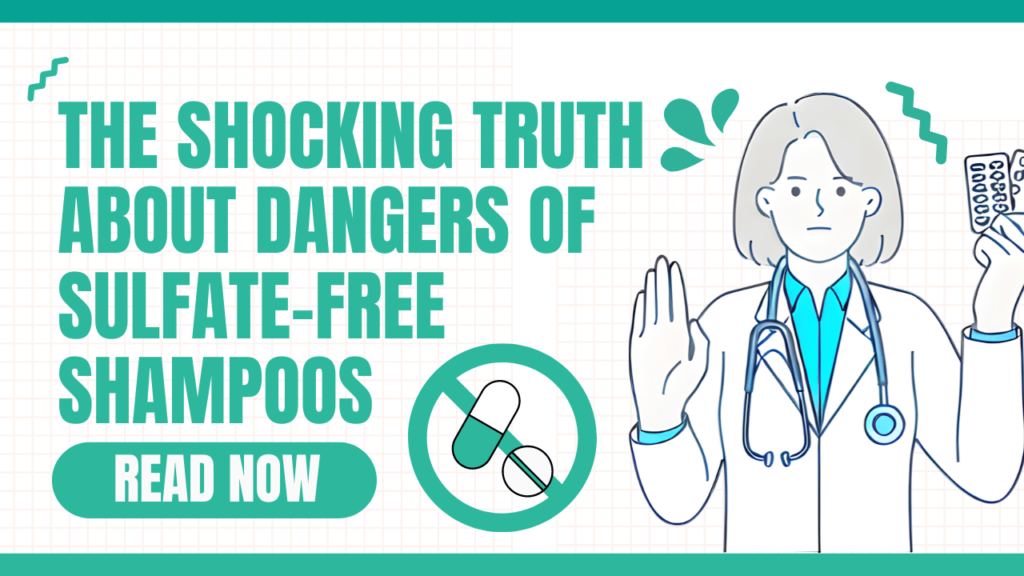
Sulfate-free shampoos have gained popularity as a gentler alternative to traditional shampoos containing sulfates. They are marketed as being better for sensitive scalps and color-treated hair, promising to avoid the harshness associated with sulfates. However, beneath the surface, there are hidden risks that consumers need to be aware of. This blog will explore the true nature of sulfate-free shampoos, the potential dangers, and what Pakistani consumers should consider before making a choice.
What Are Sulfate-Free Shampoos?
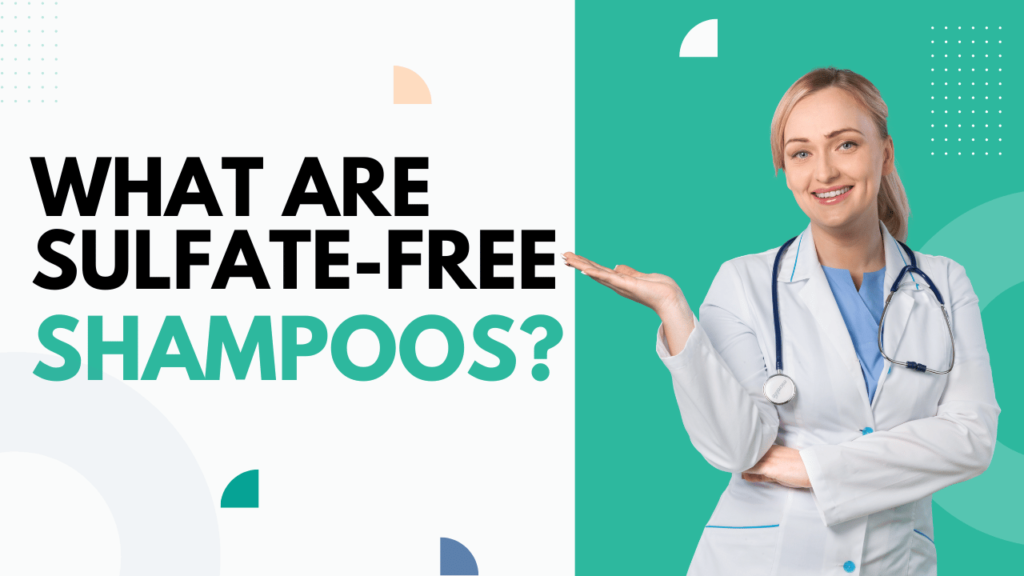
Sulfate-free shampoos are formulated without sulfates, such as Sodium Lauryl Sulfate (SLS) and Sodium Laureth Sulfate (SLES), which are common in many traditional shampoos. These sulfates are known for their ability to create a rich lather and effectively clean hair by removing oils and dirt. In sulfate-free shampoos, alternative ingredients are used to achieve similar cleansing effects without the harshness of sulfates.
Advantages of Sulfate-Free Shampoos:

Gentler on the Hair and Scalp:

One of the primary benefits of sulfate-free shampoos is their gentleness. They are designed to clean the hair and scalp without stripping away natural oils. This makes them a better choice for people with sensitive scalps or those prone to irritation and dryness. For color-treated hair, sulfate-free shampoos help maintain the color longer by preventing rapid fading.
Reduced Risk of Irritation:
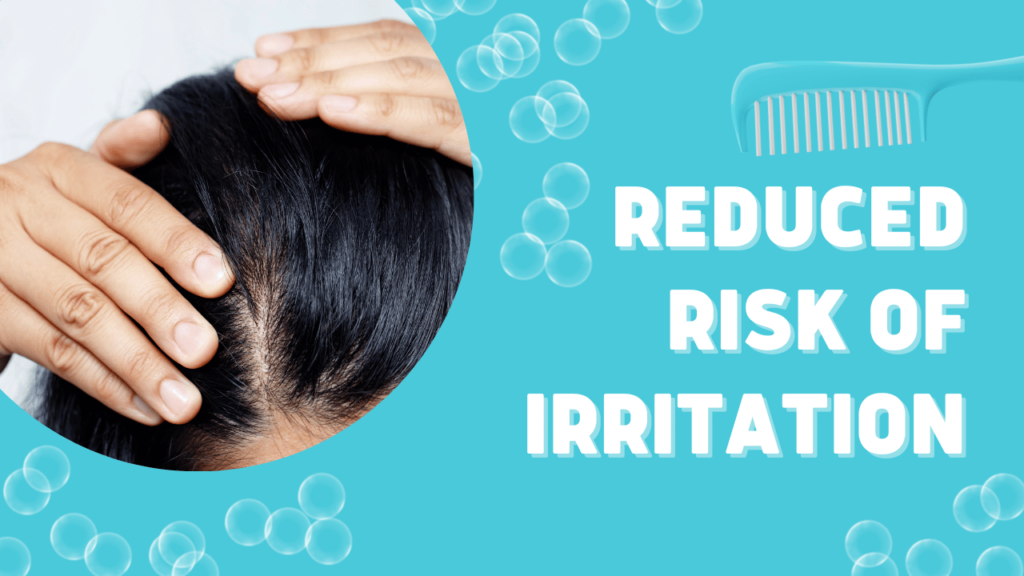
Sulfate-free shampoos are less likely to irritate compared to their sulfate-containing counterparts. People with conditions like eczema or psoriasis may find these shampoos less aggravating to their skin, leading to a more comfortable hair care experience.
Preservation of Natural Oils:
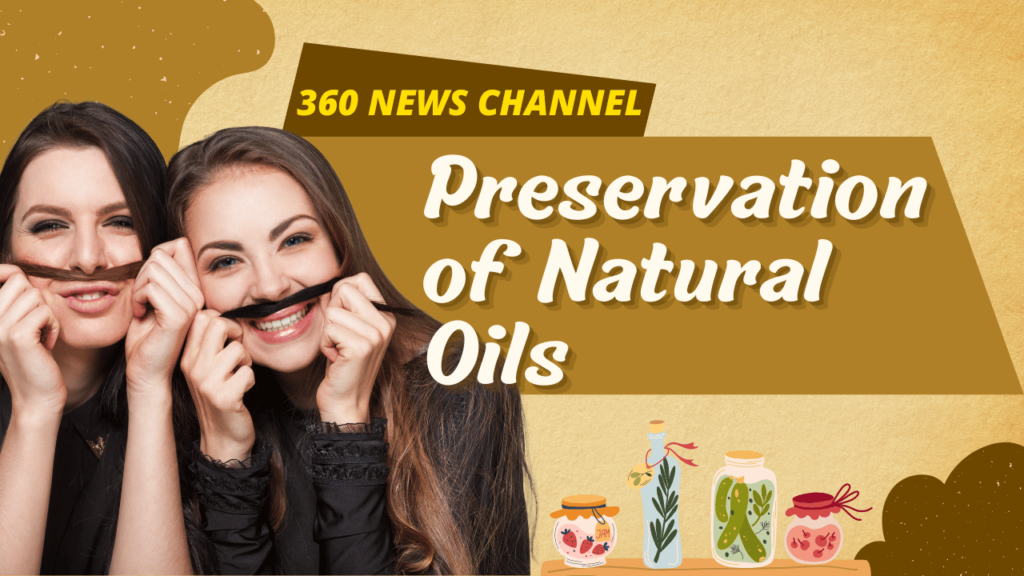
Natural oils produced by the scalp play a crucial role in keeping the hair moisturized and healthy. Sulfate-free shampoos are designed to cleanse without removing these essential oils, which can help maintain the hair natural shine and softness.
Disadvantages of Sulfate-Free Shampoos:

Potential Build-Up:

A downside to sulfate-free shampoos is the risk of product build-up. Because these shampoos are less aggressive in removing residues, over time, there may be an accumulation of styling products, oils, and impurities. This build-up can weigh down the hair and make it appear greasy or dull.
Less Foaming Action:

Sulfate-free shampoos typically produce less lather compared to traditional shampoos. Some users may find this less satisfying, as they associate foam with effective cleansing. However, less foam does not necessarily mean the product is less effective; it simply indicates a different approach to cleansing.
Higher Cost:
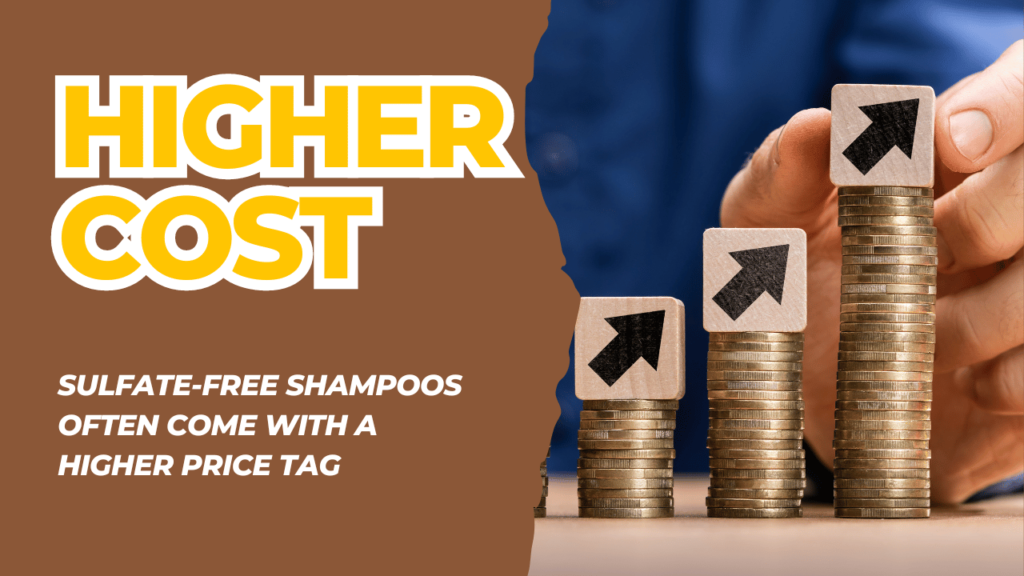
Sulfate-free shampoos often come with a higher price tag. The formulation of these products can be more expensive due to the use of alternative ingredients and the focus on gentler, more specialized formulations. For some consumers, the increased cost may be a significant factor to consider.
The Situation in Pakistan:

Growing Popularity:
In Pakistan, sulfate-free shampoos have started to gain traction as awareness of their benefits spreads. Brands like Conatural, Nirvana Botanics, and others are making sulfate-free options more accessible. These products are marketed as a premium choice for those looking to improve their hair health and minimize scalp irritation.
Misconceptions and Awareness:
Despite their benefits, there are misconceptions about sulfate-free shampoos. Some consumers may believe that all sulfate-free shampoos are the same or will automatically work for every hair type. It’s important to recognize that the effectiveness of these shampoos can vary based on individual needs and hair conditions.
Regulatory Oversight:
Pakistan regulatory framework for personal care products is evolving, but there is room for improvement. Consumers should choose products from reputable brands that adhere to quality standards and provide transparent ingredient lists. This helps ensure that the products they use are both safe and effective.
Identifying Sulfate-Free Shampoos:
Reading Labels:
To identify sulfate-free shampoos, look for labels that clearly state “sulfate-free” or check the ingredient list for the absence of sulfates like SLS and SLES. Instead, you’ll find alternative surfactants such as cocamidopropyl betaine or sodium cocoyl glutamate.
Key Ingredients:
When selecting a sulfate-free shampoo, consider those that include beneficial ingredients such as natural oils (e.g., argan oil, coconut oil) and herbal extracts (e.g., aloe vera, chamomile). These components can contribute to healthier, more manageable hair.
Important Considerations:
Choosing the Right Product:
Match the sulfate-free shampoo to your specific hair type and needs. Whether you require hydration, volume, or color protection, select a product formulated to meet those requirements effectively.
Balancing Costs and Benefits:
While sulfate-free shampoos may be more expensive, weigh the cost against the benefits of gentler cleansing and better hair health. Consider whether the advantages align with your hair care goals and if the investment is justified.
Conclusion:
Sulfate-free shampoos offer a range of benefits, including gentler cleansing, preservation of natural oils, and reduced risk of irritation. However, they also come with potential drawbacks such as product build-up, less lathering action, and higher costs. In Pakistan, where consumer awareness is on the rise, it’s crucial to make informed decisions about hair care products. By understanding both the advantages and limitations of sulfate-free shampoos, you can choose a product that best suits your hair care needs and contributes to healthier, more manageable hair.
Information Disclaimer: This blog aims to provide information about sulfate-free shampoos and their potential benefits and drawbacks. Always consult with a hair care professional for personalized advice and recommendations tailored to your specific needs.









